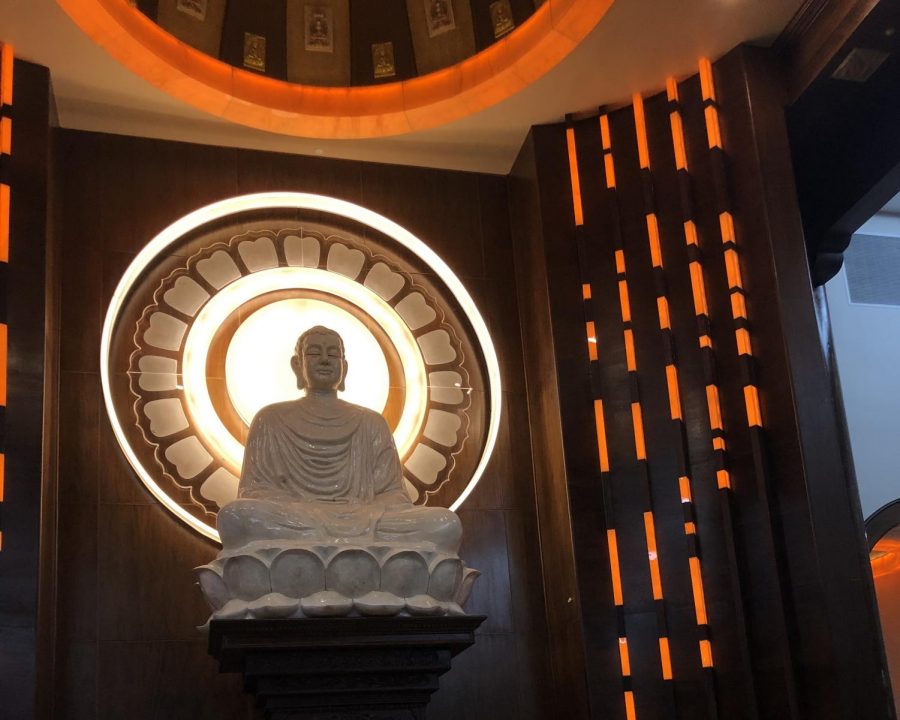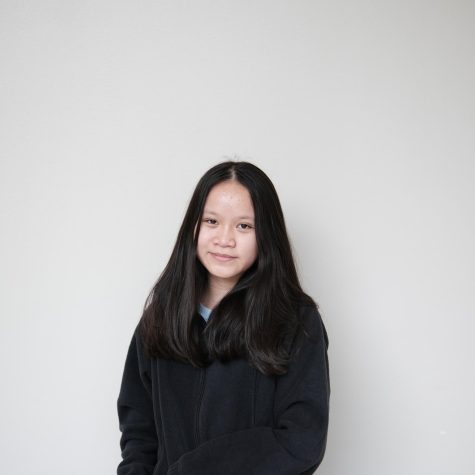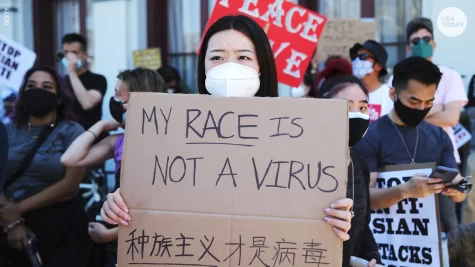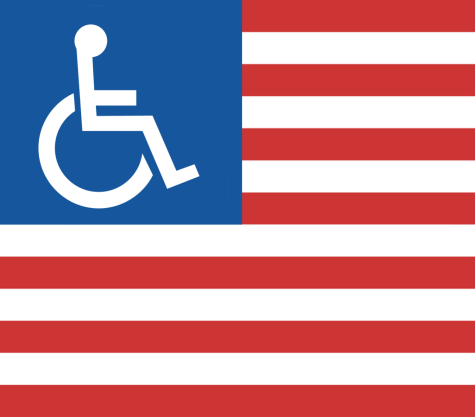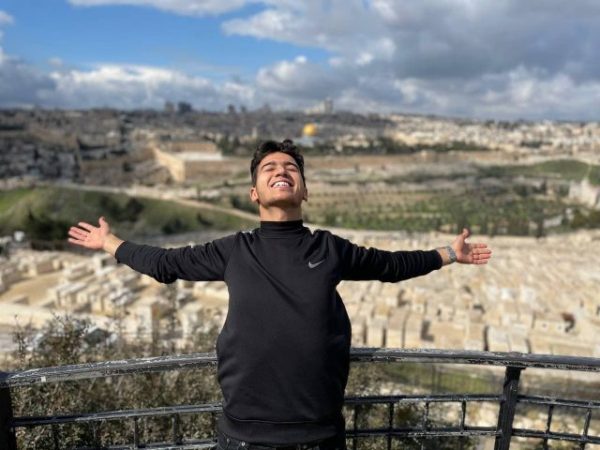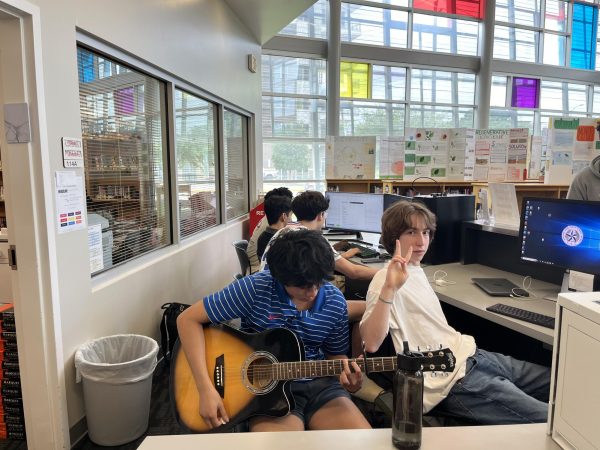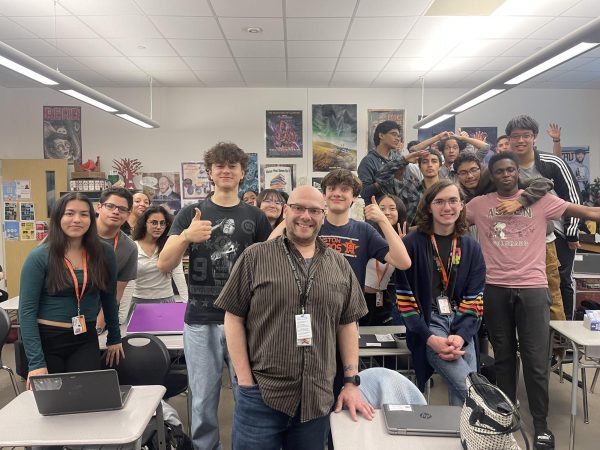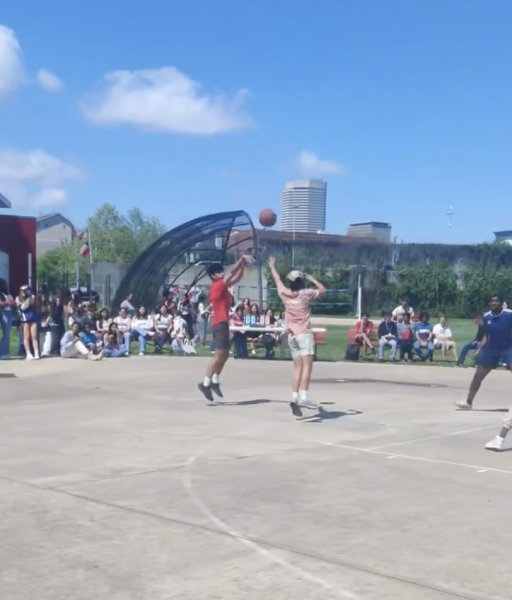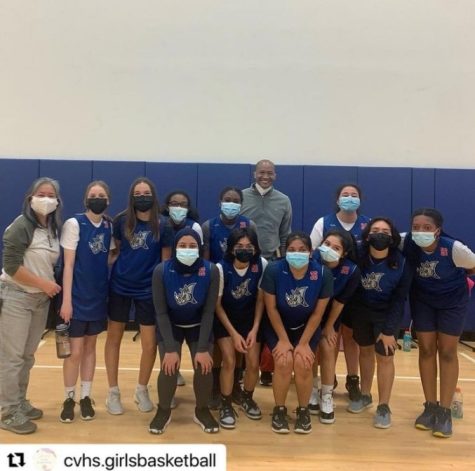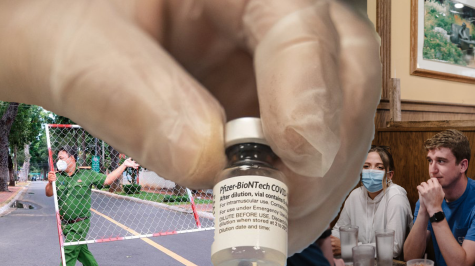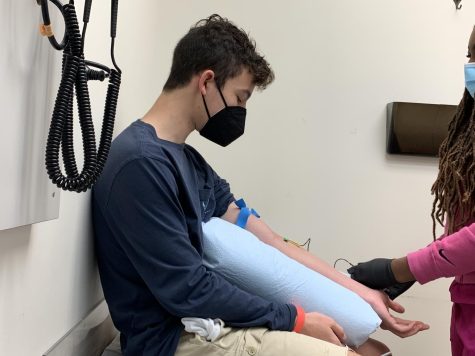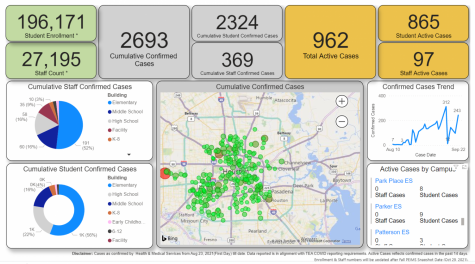What It Means to Pass Away During COVID-19 As a Buddhist
Many families visit Buddhist temples every Sunday for seven weeks after they have lost a loved one to fully honor the deceased’s soul and to help them transition into their next life.
As COVID-19 continues to spread around the nation, the number of deaths continues to increase. Generally, one’s death is followed by a funeral. However, due to social distancing, many are not able to hold funerals, let alone be near their loved ones who have passed. As a Buddhist, Erica is concerned about how Buddhist rituals will be possible amidst the coronavirus outbreak.
Buddhism is one of the major world religions that was founded in India by Siddhartha Gautama, who set out on a spiritual quest to achieve enlightenment. Buddhism consists of teachings, spiritual practices, and beliefs. In Buddhism, a Buddhist’s ultimate goal is to reach nirvana, which is when he or she has discovered the truth about life and will no longer be reborn into samsara (suffering). As a result, in Buddhism, one’s birth and death are two important milestones in life.
In Buddhism, one’s death symbolizes one’s transition to the next life and another chance to reach nirvana. In order for one’s soul to leave their former body, their body must be left alone and remain untouched for three days. However, having to abide by these practices are harder than ever now due to the increase in COVID-19 cases.
“In Buddhism, we believe that one’s soul doesn’t immediately leave one’s body after they stop breathing. When a Buddhist passes away, their body must be left alone, untouched, unmoved, and undisturbed for three days to let their soul peacefully leave its former body. Given our current situation, it’s hard to abide by this. If a Buddhist dies in the hospital, with the number of COVID-19 cases increasing by the day, the chances of their body being left untouched are slim to none. Medical professionals need to make as many beds available as possible so that other patients can come in and be treated, meaning that deceased Buddhist patients will most likely be moved to accommodate other patients,” Erica said.
However, leaving the body alone for three days is not the only practice that will be broken. Another practice that will be hard to abide by during this time is the recitation of parittas before one’s death.
“Another practice that has been put into place is the chanting of parittas, which are certain sutras that will scare away misfortune, evil, and danger, around the passing person. If he or she is in a hospital or nursing home, their family members would not be able to chant the sutras. This means that another Buddhist practice regarding death will be broken,” Erica said.
A traditional Buddhist funeral consists of many parts. During the funeral, monks lead the living family of the deceased in a series of chants, where they recite sutras to wish for the deceased’s rebirth into a higher realm. Aside from chanting sutras, family members and guests pray to Buddha for a safe journey and rebirth of the deceased into a better life. Due to COVID-19, families are not able to properly honor the deceased with the current social distancing restrictions.
“A Buddhist funeral service usually takes place over a period of three days and is filled with practices that help the soul safely transition to its next life. However, due to COVID-19, a traditional Buddhist funeral cannot be carried out. Not only are families not able to say goodbye to their loved ones, but they are also not able to come together and pray for the safe journey of the deceased family member to their next life. The worst part that comes with this is the sense of guilt that one may feel. Losing a loved one is already so hard, but not being able to help them move onto their next life is even worse” Erica said.
While the service for Buddhist funerals last three days, the full funeral lasts 49 days. In Buddhism, those who do not reach nirvana are trapped in a cycle of birth and death. To help aid the deceased’s soul rebirth, family members of the deceased recite sutras once every week for seven weeks. Amid COVID-19, families are not able to hold such ceremonies and have a full-lasting funeral.
“While the service only lasts for three days, Buddhist funerals last for 49 days. Every Sunday, the immediate family of the deceased goes to their temple to pray. On the day of the final ceremony, relatives and friends of the deceased go to temple with the family to make offerings to Buddha and pray for the rebirth of the deceased in a better world. However, due to COVID-19, the first step of this process is not possible. Buddhist temples are usually crowded on Sundays, and during this time, it is not possible to go into crowded places without jeopardizing your health. However, if you choose to go to temple, it’s not only your health that is being put at risk. The majority of monks are old and as a result, they are at a higher risk when it comes to catching COVID-19,” Erica said.
During this time, many Buddhist families are unsure as to how they could help their loved ones transition to the next life if they do end up losing someone to COVID-19. While no one in Erica’s family is showing symptoms, as the number of COVID-19 cases in Texas rises, Erica and her family have had to make changes to the ways they practice Buddhism to ensure that no one in their family develops symptoms in the future.
“Thankfully, no one in my family has developed any symptoms relating to COVID-19. However, my family is worried that if something were to happen, we wouldn’t know what to do. We want to be able to practice our religious traditions and properly send the deceased off to their next life but we wouldn’t be able to given our current situation. As of right now, everyone in my family is just trying to stay vigilant. Additionally, we have been doing our daily prayers at home rather than at temple,” Erica said.
As of right now, Buddhist families cannot hold traditional funerals for their loved ones. However, Erica hopes that the number of cases will start to drop and that families with loved ones that have passed away due to COVID-19 will be able to honor them properly.
“I know that given our circumstances, it is not possible to have a traditional Buddhist funeral. I am hoping that the curve will flatten so that every family can honor their deceased loved ones properly and the deceased are able to transition into their next lives peacefully,” said Erica.
Your donation will support the student journalists of Carnegie Vanguard High School. Your contribution will allow us to cover our annual website hosting costs and fund field trips, competition fees, and equipment. We appreciate your support!

